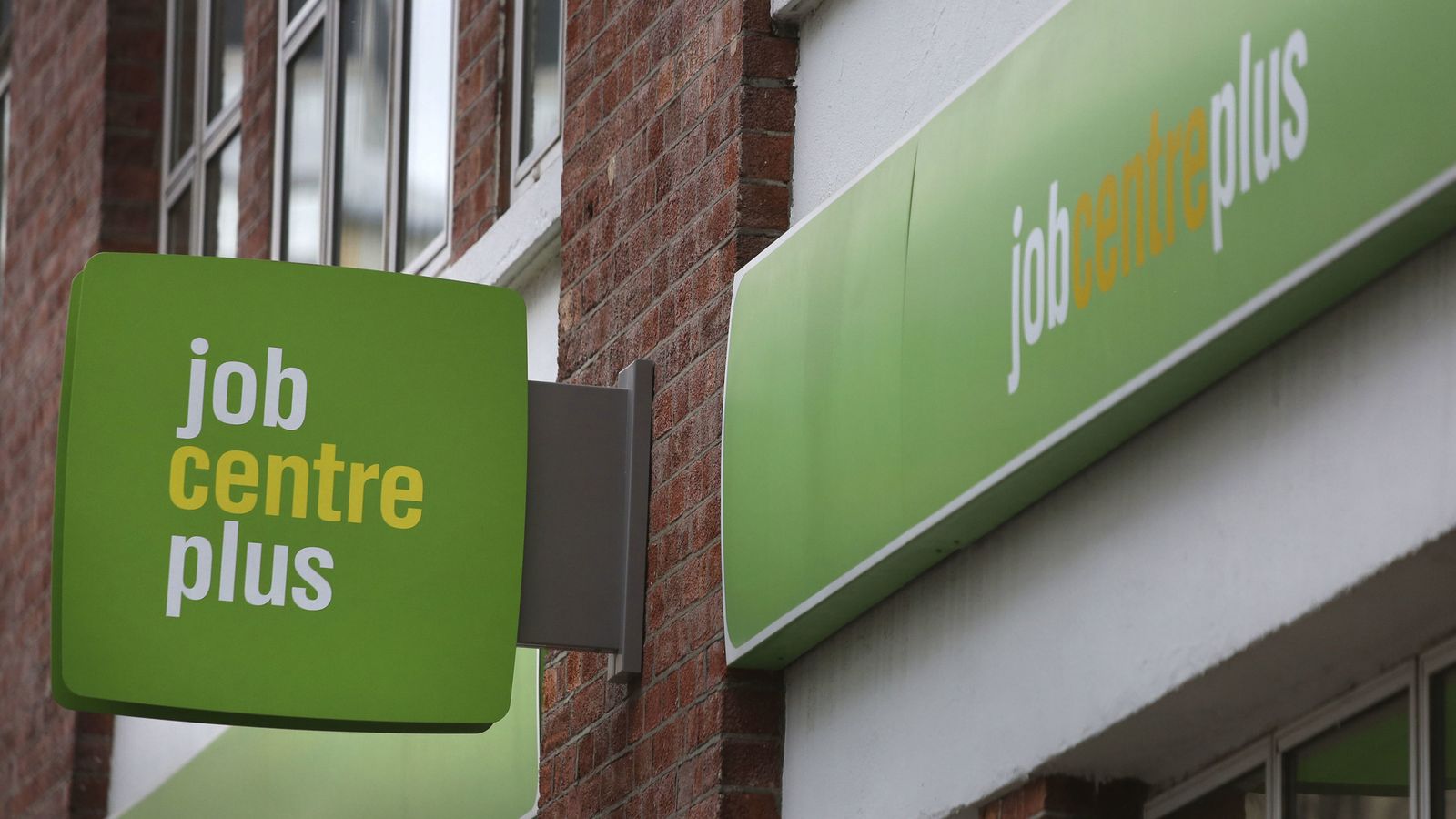The government has announced plans to remove benefits and step up monitoring of welfare recipients in an effort to bring more people into work.
Job seekers will have benefits such as free prescriptions and legal aid removed if they’re judged not to be looking for work under the chancellor’s Back to Work Plan which aims to bring 1.1 million people back into the workforce.
Under the plans, “digital tools” will be used to “track” people’s attendance at interviews and jobs fairs.
Those who have been placed for six-months on an open-ended social welfare sanction – having not complied with a condition of their receiving benefits, such as attending an interview – will be moved to receiving universal credit, a slightly lower payment, and will no longer get legal aid and have their prescriptions paid for.
No one should receive full jobseekers allowance for 18 months unless they have taken support from a Jobcentre, according to the Back to Work Plan.
Read more
Workplace absences ‘at 10-year high’ with stress the major cause of long-term sickness
‘Written off’ – call for more help to get millions of long-term sick back into employment
There were 300,000 people out of work for more than a year in the three months to July this year who could be affected by the policy.
Funding worth £2.5bn has been allocated over the next five years to address the record number of people who are long-term unemployed, as well as the historically high numbers of people who are long-term sick and not looking for a job as a result.
Latest official figures showed there were 8.78 million people classed as economically inactive, neither in nor looking for work in the three months from May to July of this year and aged between 16 and 64. According to Full Fact, most of them are either students, too sick, looking after family or the home or have taken early retirement.
Of that number, 2.6 million people are economically inactive due to long-term sickness or disability, a figure that has grown by nearly 500,000 people since the pandemic.
Most commonly this is because of poor mental health, musculoskeletal conditions and heart disease, the government said.
The Back to Work Plan aims to reduce this number through additional funding for projects that support people in returning to work and remaining employed.
More than half a million spaces in government mental health and disability support projects – such as NHS talking therapies, individual placement and support, and universal support – are to be made available in the next five years as a result of the funding.
At present, job seekers can already have their payments reduced or cut entirely if they do not meet requirements to look for a job and other activities set out by the Jobcentre.
Jobseekers are required to spend 35 hours a week looking for work in a travel area of up to 90 minutes, though this can be lessened for care givers.
When asked if the policies will worsen people’s mental and physical health, Chancellor Jeremy Hunt, said: “No, because we believe that work is good for everyone.
“We don’t think that sitting at home on benefits is good for anyone’s mental health.”
“We’re serious about growing our economy and that means we must address the rise in people who aren’t looking for work – especially because we know so many of them want to and with almost a million vacancies in the jobs market the opportunities are there,” he added.
